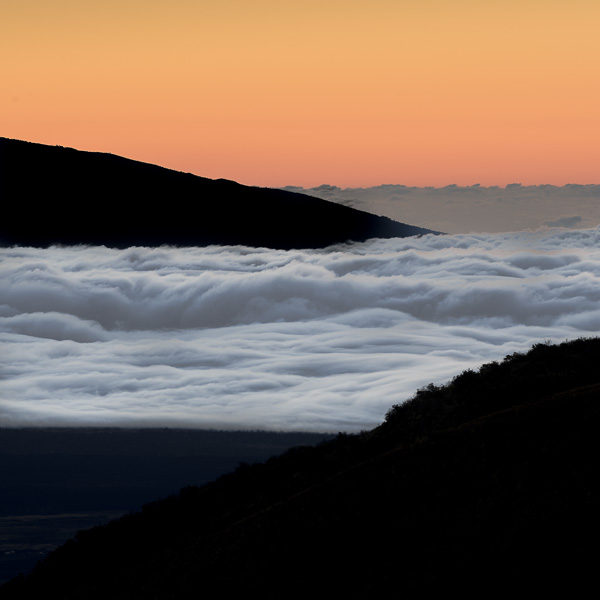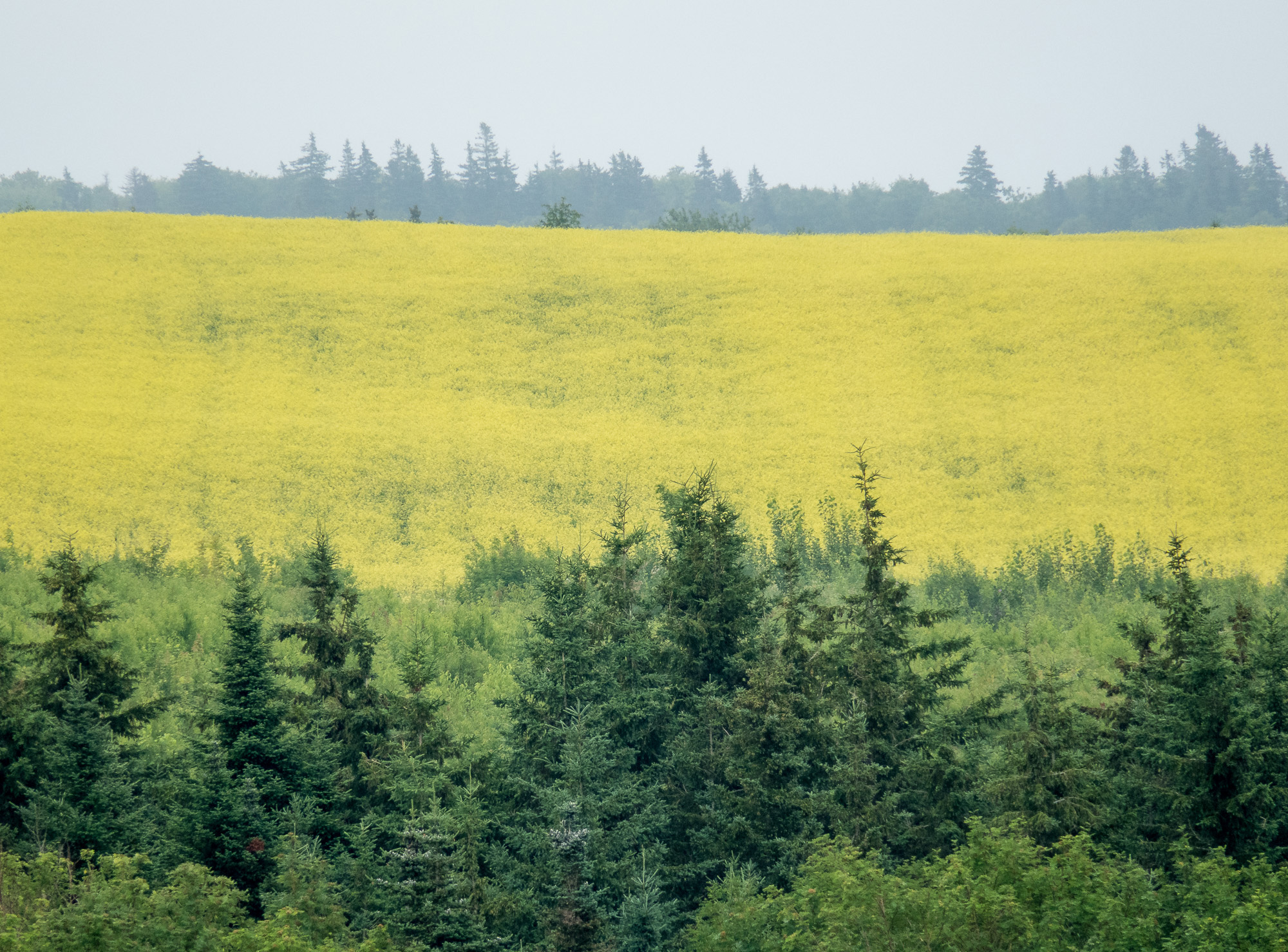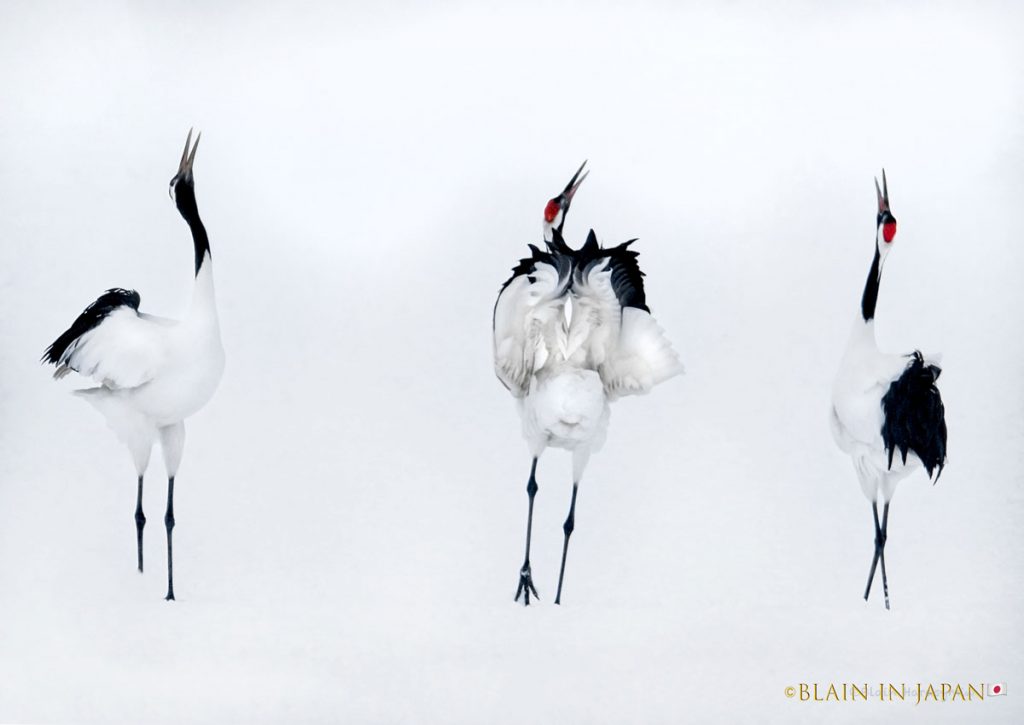

A Copyright Registration Is A Must For Infringement Litigation Under A Recent US Supreme Court Case
By Candace Lynn Bell and Christina D. Frangiosa, Members, Eckert Seamans Cherin & Mellott, LLC
Today, the use of the internet has become pervasive in both social and business contexts. It’s also easier than ever to share information and creative content on various platforms, including social media and blogs, making policing copyright rights much more challenging. This ease of sharing content – even if one did not create it in the first place – means that creators must be constantly vigilant. Images and text shared without a copyright owner’s permission (sometimes without his or her knowledge) are not only not revenue-generators, they can negatively impact the owner’s enforcement options and the ability to monetize their creative works. While it’s true that your creative works are protected by copyright from the moment of creation by law, enforcement of your copyright rights is more complex. And, as of March 2019, the steps to enforce your copyright require a copyright registration in hand before you run into court, regardless of your jurisdiction. For a large portion of the country, this is a change.
Before March 4, 2019, some federal courts in the country required copyright owners to have a registration certificate before commencing litigation for infringement, while other federal courts only required an application for registration – it all just depended on what court you were in. On March 4, 2019, the U.S. Supreme Court resolved this split in favor of copyright owners having the copyright registration certificate in hand before filing a lawsuit for copyright infringement. The Court ruled that it’s not enough to have simply filed a completed application. Rather, the Copyright Office must act on the application, either to grant or to refuse registration, before a copyright owner can begin a lawsuit to combat infringement. (Although rare, copyright owners can still file suit if the Copyright Office refused registration of their rights but will need to meet a higher burden of evidence to prove the copyright claim is valid and that their work was infringed.)
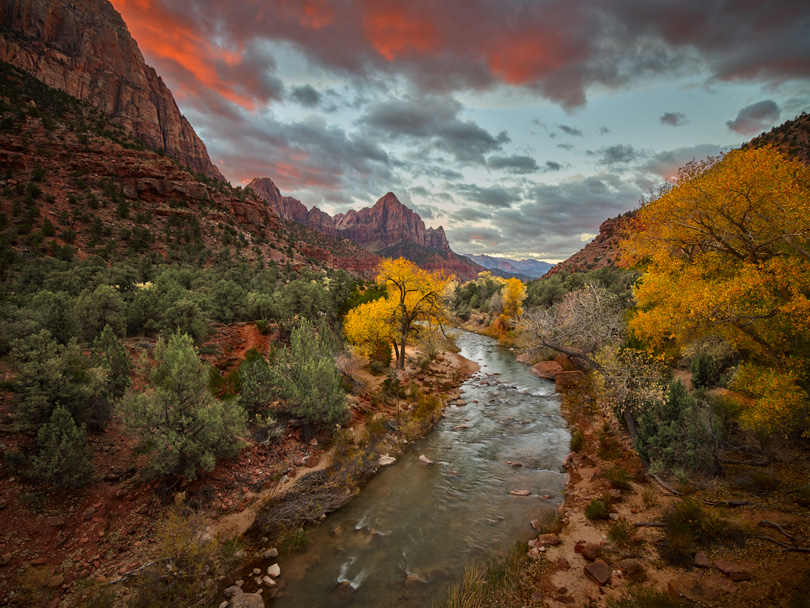

Given the new ruling by the Supreme Court, copyright owners should protect their valuable creative works as early as possible by applying for registration of these works with the Copyright Office on a routine basis. The registration certificate from the Copyright Office must be received before a complaint can be filed in federal court.
In addition, copyright owners can place themselves in better positions to seek statutory damages if the registration occurred prior to the infringement, and perhaps even recover their attorney’s fees after they prevail in the case. These recovery options are especially useful if the loss resulting from an infringement is hard to quantify.
What does this all mean in practical terms? We recommend a few simple, smart approaches to make sure your copyright portfolio is in the best shape possible from an enforcement perspective, including:
- File preemptively
Don’t wait until your creative content is being used without your consent. Get in the habit of filing applications for registration of new works within three months after the first publication. To get started, check the U.S. Copyright Office website and read their fact sheets and circulars regarding the types of materials that may be protected by copyright. Consult a copyright attorney to discuss whether your particular works could be protected under copyright, or if there may be another type of intellectual property protection that could apply to protect your creation from being taken or used by others without permission.
- Budget more to protect your works
Copyright owners’ routine costs for protecting their copyright portfolio may increase because of the need to file preemptively for registration of any work that could conceivably be infringed. This increased cost may be particularly notable to small businesses or independent artists who may not have a significant budget for protecting their works. Nevertheless, at the U.S. Copyright Office, processing fees for routine filings are substantially lower than processing fees for expedited filings. If you need expedited processing of your application because of an existing infringement that you need to address, you’ll need to budget for even higher additional costs as well.
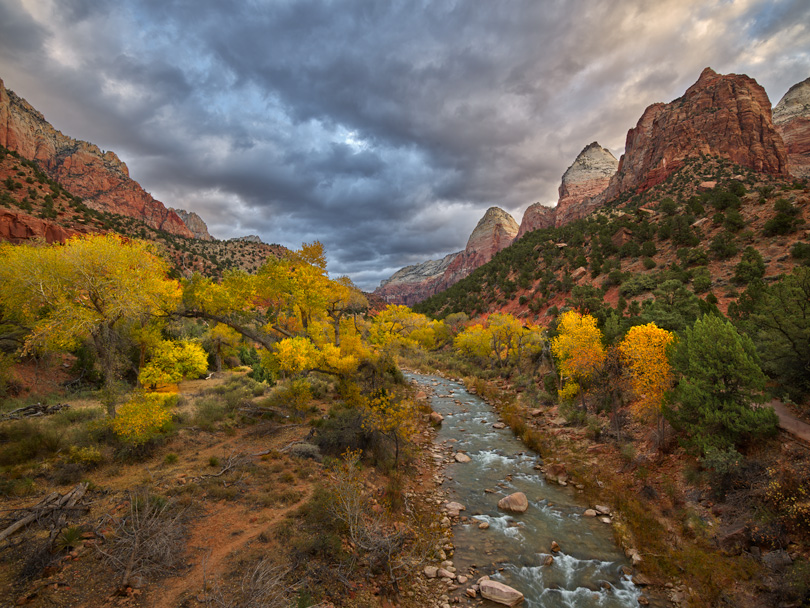

- Have your paperwork in order
The best defense is a good offense, so keep your copyright portfolio in order and up to date when preparing to register the copyright for your creative content. Maintain good records about the date on which you first published your works and where they were published. Keep extra copies of any physical works (such as books) and take high quality photographs of any three-dimensional works so that you have sufficient supporting evidence to submit with your application.
- Avoid cutting corners in connection with granting or receiving licenses
Sometimes, copyright owners believe that “keeping it simple” means that their costs will be lower overall – and as a result, may rely on hand-shake agreements, verbal promises or other informal means of granting or receiving permission to use creative works. This tactic, however, makes enforcing your own rights much more complicated – and therefore, generally more expensive. Sometimes, relying on such informalities also could result in a waiver of your right to enforce your rights or, perhaps, in an unintentional license to someone else to create derivative works based on yours. Instead, get in the habit of recording every grant of permission in writing. Maintain written records of any licenses you have granted (including keeping copies of all fully-signed license agreements) and any (fully-signed) licenses you have obtained for pre-existing works from which your works may have derived. Being able to prove that you have effectively policed your rights may help increase potential statutory damages and avoid waiving your rights.
- Allow more time
Because of the Supreme Court decision, the Copyright Office is likely to become inundated with an increased number of copyright applications that require examination and processing. Use the online application process as much as possible to speed the review (recognizing that some works cannot be submitted electronically). Pursue expedited processing when infringement has already occurred and when the clock is ticking on your statute of limitations period.Be aware that in the short term, the Copyright Office may see a jump in applications seeking expedited treatment because litigation may be pending or anticipated.


While the Supreme Court’s decision has perhaps made protecting copyrights more labor intensive and expensive, consider that if you’ve been deliberate and diligent about filing copyrights under the new regulation, your works are protected and you may preserve your right to seek statutory damages and attorney’s fees in appropriate cases. And you have a better chance of combating misuse and lost revenue. If you haven’t, it’s not too late. Register your copyrights correctly today – consider it money in the bank.
All images in thsi article used with the permission of Kevin Raber.
Candace Lynn Bell and Christina D. Frangiosa
July 2019
Read this story and all the best stories on The Luminous Landscape
The author has made this story available to Luminous Landscape members only. Upgrade to get instant access to this story and other benefits available only to members.
Why choose us?
Luminous-Landscape is a membership site. Our website contains over 5300 articles on almost every topic, camera, lens and printer you can imagine. Our membership model is simple, just $2 a month ($24.00 USD a year). This $24 gains you access to a wealth of information including all our past and future video tutorials on such topics as Lightroom, Capture One, Printing, file management and dozens of interviews and travel videos.
- New Articles every few days
- All original content found nowhere else on the web
- No Pop Up Google Sense ads – Our advertisers are photo related
- Download/stream video to any device
- NEW videos monthly
- Top well-known photographer contributors
- Posts from industry leaders
- Speciality Photography Workshops
- Mobile device scalable
- Exclusive video interviews
- Special vendor offers for members
- Hands On Product reviews
- FREE – User Forum. One of the most read user forums on the internet
- Access to our community Buy and Sell pages; for members only.





